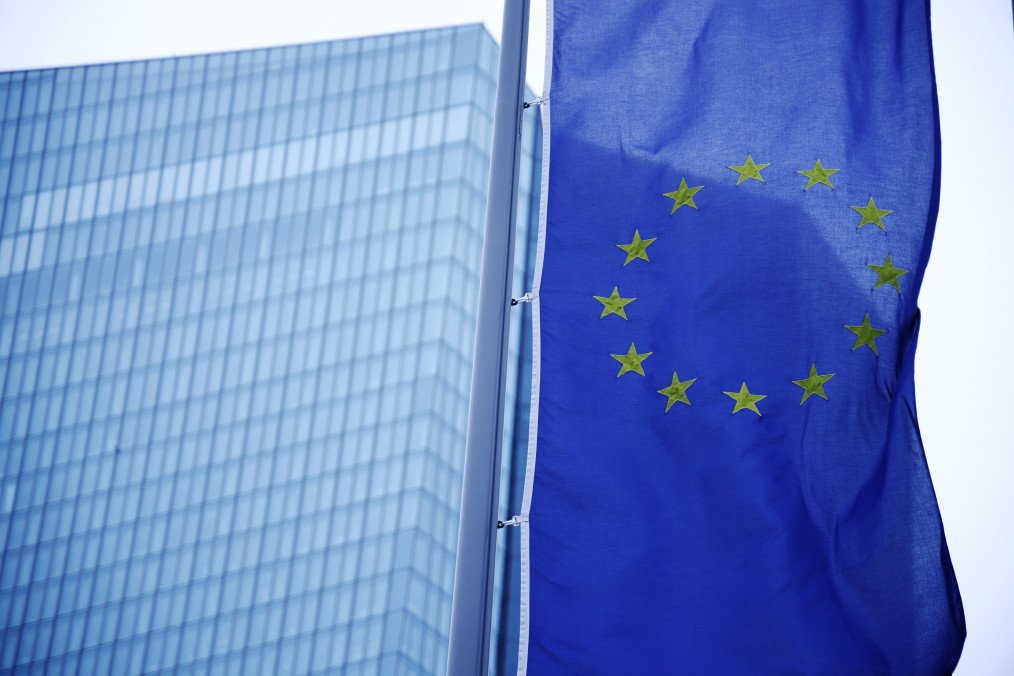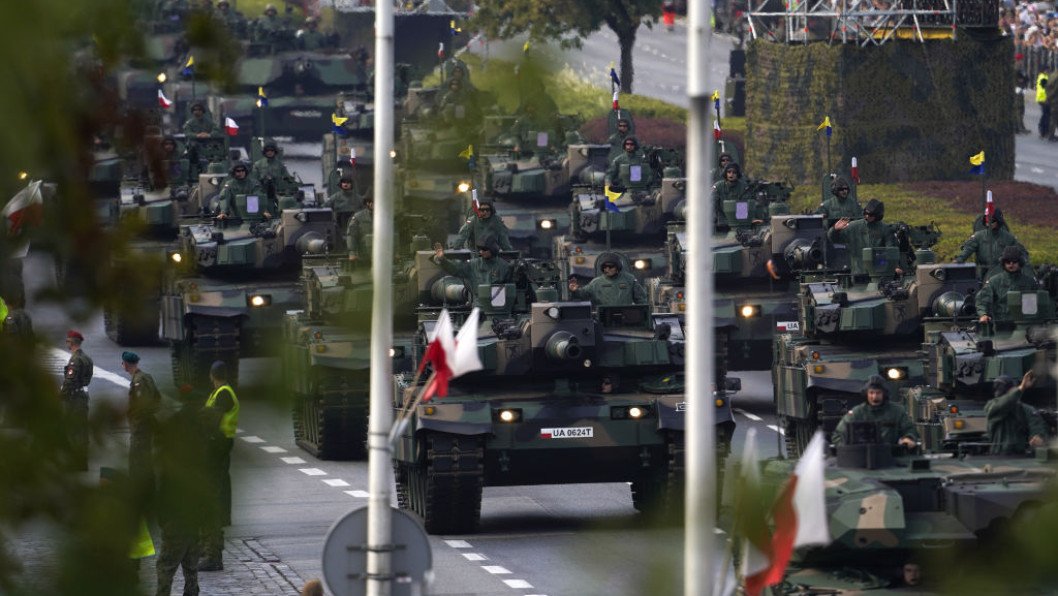- Category
- Latest news
Europe to Release €3 Billion From Frozen Russian Assets to Compensate Western Investors

The international financial institution Euroclear is set to redistribute €3 billion from frozen Russian funds, according to Reuters, citing internal documents and informed sources.
The funds, part of assets immobilized under European Union sanctions, will be used to compensate Western investors whose property was expropriated by the Russian Federation within its territory.
According to the report, the €3 billion will be drawn from a €10 billion pool of liquid assets linked to sanctioned Russian individuals and entities. These funds have been frozen since 2022, following Russia’s full-scale invasion of Ukraine.
This development signals an escalation in Europe’s efforts to repurpose Russian state-linked assets. Until now, Western partners had utilized interest earned on these frozen holdings to provide financial aid to Ukraine. The Kremlin has repeatedly condemned such measures, with Vladimir Putin calling them “theft.”

In March, Euroclear received formal authorization from Belgian authorities, its primary legal regulator, to proceed with the compensation plan. In a document dated April 1 and reviewed by Reuters, the institution confirmed it had informed clients of the forthcoming distributions. The identities of the recipients have not yet been disclosed.
"We received authorisation from our competent authority, to unfreeze the compensation amounts and make these available to our participants," the document said.
Sources emphasized that the move does not impact the more than €200 billion in frozen reserves of the Russian central bank. However, it does reduce the volume of other Russian-held assets, including cash, securities, and bonds, most of which are currently stored at Euroclear.
Earlier, Japan had finalized the conversion of a $3 billion loan to Ukraine, marking a significant financial commitment to strengthening the country’s resilience in the face of ongoing Russian aggression. The loan will be repaid through future revenues generated from frozen Russian sovereign assets, a groundbreaking mechanism introduced under the G7’s “Extraordinary Revenue Acceleration” (ERA) for Ukraine initiative.



-c439b7bd9030ecf9d5a4287dc361ba31.jpg)



